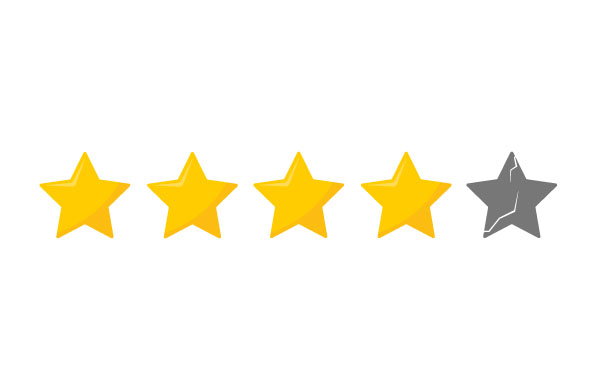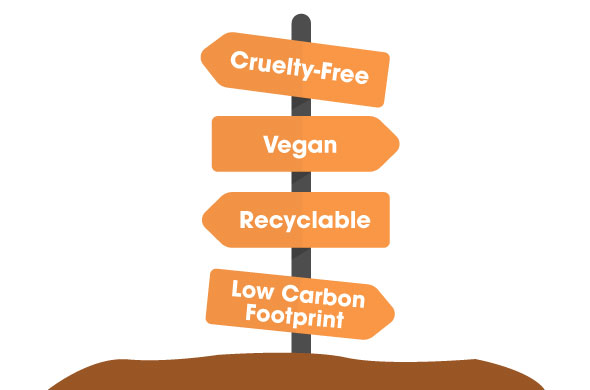More and more businesses are specializing in or taking part in e-commerce. While it has been steadily increasing since marketing strategists recognized the potential of the Internet and social media, the pandemic certainly hastened it.
The increased reliance on online shopping is very significant during this time. Even as the pandemic guideline was loosened up more and more, people became accustomed to the convenience it brings.
Where do the majority of these people who shop online actually end up going? A place that acts as a marketplace and is comparable to an online shopping mall.
What is Reputational Risk?

Businesses have always been concerned about reputational risk, even before the internet and easier means of communication. Even the smallest rumor can have far-reaching consequences if left unchecked.
Situations, events, or anything else that may have a negative impact on the brand's reputation and public perception are referred to as reputational risk. When these become uncontrollable, they are unpredictable and difficult to manage.
These are some of the most common and most serious reputational risk examples:
- Hate speech and any forms of discrimination.
- Support of unethical practices or groups.
- Mistreatment of employees or customers.
- Breaching data privacy.
In order to bolster their reputation, brands need to take certain steps. These are some of the most common reputation risk management best practices.
Talk to our team!
Send Me a Quote
1. Company Code of Conduct and Ethics

- This includes several aspects of the company, such as how it treats its employees, how its employees behave, and its overall ethical stance.
- Word of how a company treats its employees will spread, whether online or through word-of-mouth. Of course, there should be no need for a reminder about treating workers fairly.
- Other business owners might even encourage their employees to be active on social media by allowing them to promote the brand in their own unique way or create content about their workplace experiences.
- In terms of the workplace, every employee's behavior and reputation, regardless of their position within the company, reflects on the brand. An egregious scandal, especially among executives, would turn the audience against the brand, especially if no significant action is taken.
- In terms of overall ethical stance, consider one of the reputational risk examples where a company supports an unethical practice or group. While it is impossible to please everyone and be completely ethical, especially in business, there are some things that simply cannot be excused.
- Aligning with a group that almost everyone agrees is bad is a sure way to damage the brand's reputation. So, conduct thorough research.
2. Social Media Monitoring

It is recommended to hire social media managers or something similar to monitor the brand's reputation in social media circles.
Keep an eye out for any mentions, tags, comments, or reviews. Examine the content and context of these items to see if there are any emerging issues that have been overlooked.
3. Content Management
When interacting or creating content, it is best to run it through quality checks to ensure that there are no misunderstandings. There should also be guidelines for interacting with clients and possibly even peers. It does not even have to be strict and exact, but it must reflect the brand image.
4. Honesty and Transparency
When interacting or creating content, it is best to run it through quality checks to ensure that there are no misunderstandings. There should also be guidelines for interacting with clients and possibly even peers. It does not even have to be strict and exact, but it must reflect the brand image.
5. Map Out Reputational Risk Management Plans

It never hurts to be careful and prepare for the worst. And when the worst situations come to pass, it’s best to have a plan on hand so as to not be caught flat-footed.
Gather a team and assign a person-in-charge. Have a plan ready for every possible situation and map out the steps to minimize the damage. And honestly, this should be a given in the reputational risk management process.
Conclusion
Reputation is a large factor in a business’s success and longevity. It changes how the audience and potential business partners see the brand, which has a direct effect on the growth and revenue of the brand.
These are tricky situations; every misstep will further close the door towards any sort of redemption. It’s a cliche at this point, but the wise words of Warren Buffet will always be relevant – “It takes 20 years to build a reputation and five minutes to ruin it. If you think about that, you’ll do things differently. "



